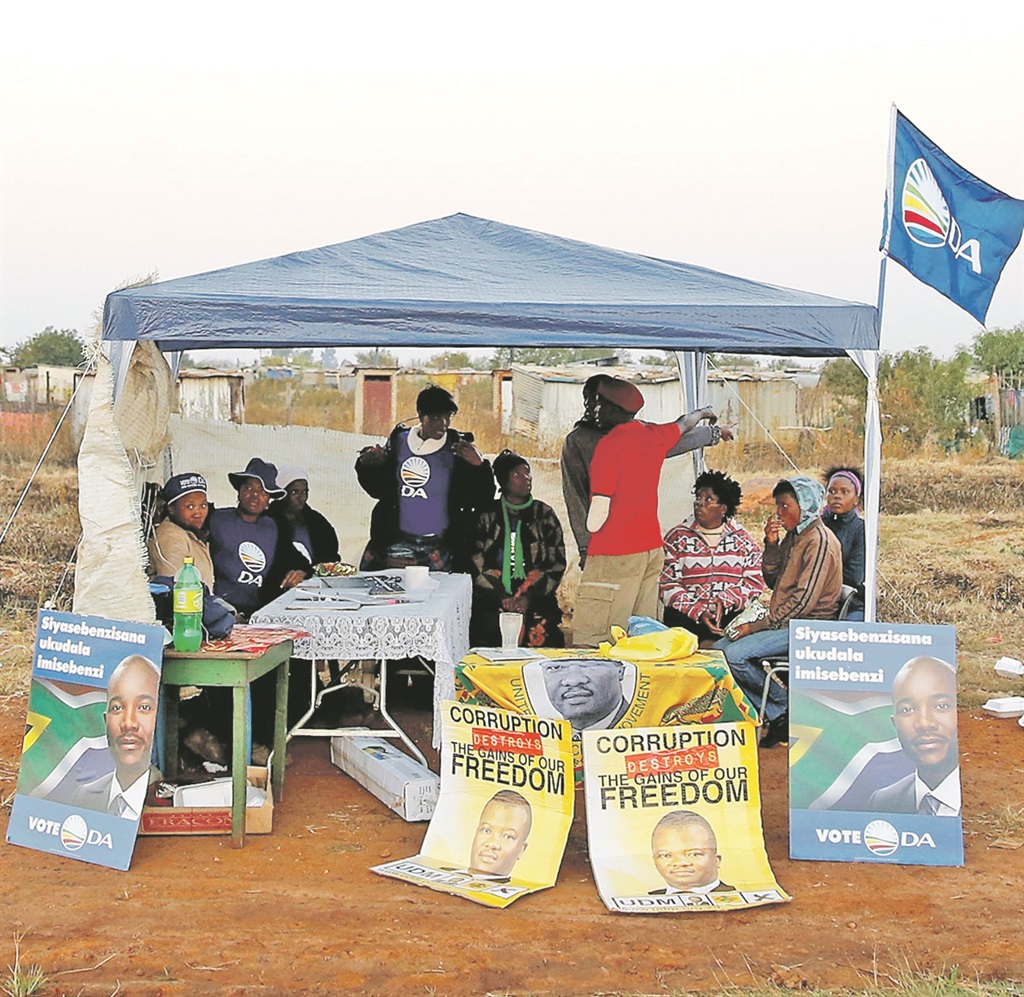
Next year’s local government elections are sure to be heavily contested. In Joburg, Cape Town and Nelson Mandela Bay, the ANC, DA and Economic Freedom Fighters are already preparing for tough electoral battles.
No doubt all the political parties will pour large sums of money into these areas. No one knows quite how much they will spend on campaigning, given the lack of transparency regarding the funding of political parties.
All political parties seem to agree that transparency is a good thing, but appear to lose their appetite when it comes to disclosing their sources of funding. For as much as the ANC is coy about its sources of donations in the past, the opposition DA has also been reluctant to disclose its sources of funding.
So the question remains: who will lead the way in closing this gap in South Africa’s transparency regime? Logically, it would have to be the governing ANC with its overwhelming majority in Parliament.
The ANC’s commitment to transparency on its party funding was articulated in its 2007 Polokwane resolutions.
Although Polokwane seems a lifetime away, the ANC has a mandate from its members to legislate on this issue. Yet there has been little movement on the matter since Polokwane. ANC treasurer-general Zweli Mkhize has made useful suggestions about the establishment of a democracy fund through which donations can be filtered.
It is clear that political parties need money to operate. But knowing where the money comes from is crucial if political parties, in particular the ANC, are serious about their stated commitment to transparency regarding tender processes and conflicts of interest.
For instance, without transparency about political donations, there can be no way of knowing whether tenders are being allocated because of the amounts of money that companies or individuals have donated to the ANC.
What is the quid pro quo being offered to those who donate? For instance, the City of Cape Town’s proposed Maiden’s Cove development has raised eyebrows simply because the developer is alleged to be a businessman with close ties to DA mayor Patricia de Lille.
In the absence of regulation, can we be certain that policy, environmental and development decisions that have been made, or are going to be made, will be in the best interest of the country or in the narrow interest of the governing party – be it the DA or the ANC?
Strong democracies require healthy political parties. They, in turn, require resources to sustain and operate a basic party structure, contest elections and contribute to policy debate. And it is probably unrealistic to outlaw private donations.
Moreover, it is clear that the more than R100 million of public money that political parties receive annually is not enough to finance the myriad activities political parties need to undertake.
South Africa is a particularly challenging country in which to contest an election – it is made up of a sprawling land mass, large rural areas, 11 languages and a low literacy rate.
But what is also clear is that reform and regulation now represent mainstream modern democratic thinking, although the detail of the regulation varies and must be contextually oriented.
In Britain, only corporations and trade unions are required to make public disclosures about their party contributions. Parties must submit quarterly reports to the Electoral Commission that detail donor information such as names, addresses and the nature of the donation.
German law entitles parties or several bodies to receive donations, but donations that exceed €10 000 (R148 000) a year must be publicly disclosed.
The name and address of the donor, and the total amount of the contribution, must be included in the annual report. Donations that exceed €50 000 must be reported immediately.
Whatever the shortcomings of regulating private funding to political parties (as has been seen in the UK, Germany and the US, there have been problems with implementing regulations), the advantages of transparency seem to far outweigh secrecy.
Increasing public funding might only be part of the solution because public money will never be enough and will not do away with a political party’s need to raise private money.
So in a sense, asking for bigger amounts of public money is only one aspect of this challenge because the nub of the problem lies in the millions of rands raised in secret and the accountability deficit that is created in our political processes.
Advocacy group My Vote Counts has brought a Constitutional Court case to compel Parliament to pass legislation regulating private funding to political parties. The judgment is pending.
It is hard to say which way the court might fall on this thorny issue, but perhaps Parliament, and by implication the ANC, should take the bull by the horns and fill the lacuna in South Africa’s anti-corruption apparatus by initiating legislation to ensure that political parties are transparent about their sources of funding.
The public has the right to know who is funding our political parties because secrecy only breeds mistrust and creates an environment that is ripe for corruption.
February is campaign coordinator for My Vote Counts. The advocacy group and the University of Cape Town’spublic law and politics departments co-hosted a seminar on Friday titled Political Parties in South Africa: The Interface between Law and Politics. For more details, go to myvotecounts.org.za/




 Publications
Publications
 Partners
Partners








